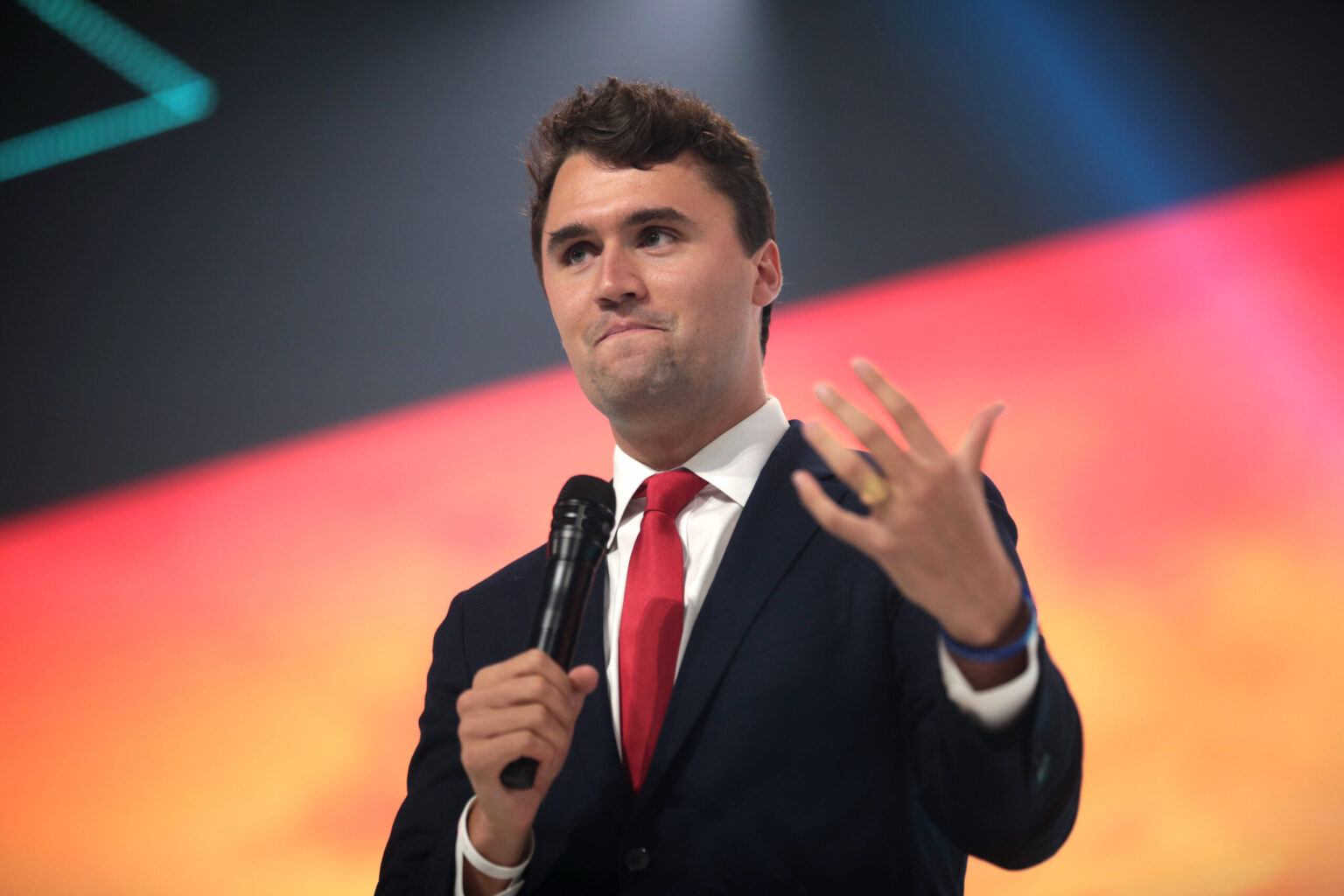Charlie Kirk’s assassination marks the beginning of a dangerous new chapter in American history—and the broader Western world.
His death was not just the silencing of a conservative commentator. It was the targeted killing of a man who represented the idea that debate still matters, that political differences can be handled with words instead of weapons.
Charlie was murdered at a “Prove Me Wrong” event, while standing behind a microphone and inviting dialogue from students of every background.
He was not a government official, a military leader, or an extremist figure. Charlie was a civilian activist encouraging peaceful civic engagement—and he was killed for it.
At just 31 years old, Charlie Kirk had accomplished more than most political strategists do in a lifetime. He built Turning Point USA into the largest youth-focused conservative movement in the country, with over 3,000 student chapters and millions of followers across digital platforms.
TPUSA’s outreach campaigns in 2024 helped narrow the gap between Republican and Democrat youth voters in swing states like Arizona and Georgia.
In fact, a post-election report from the RNC credited TPUSA for helping increase conservative turnout among voters aged 18–29 by more than 14% compared to 2020. No other right-leaning group came close to that kind of grassroots influence.
Kirk didn’t just grow an audience—he reshaped the Right.
He gave the conservative movement a youthful, cultural energy that hadn’t existed since the Reagan era.
For decades, Gen Z had been dismissed as a lost cause by the Republican Party. Kirk proved that wasn’t true.
According to a 2023 Harvard Youth Poll, 35% of Gen Z identified as center-right or conservative, up from just 18% in 2015.
Many dismissed Charlie as a provocateur. But those who attended his events or followed his work closely knew better. Charlie was strategic, well-read, and intellectually serious.
He engaged critics with calm, fact-driven arguments and regularly invited opposing viewpoints onto his platforms. In a world driven by political hostility, he chose clarity over chaos.
Charlie Kirk predicted the environment that would eventually take his life.
Just months before his death, he warned about what he called “assassination culture,” where activists become targets simply for having influence.
In interviews and speeches, he pointed to rising left-wing radicalization, especially among younger voters who had been taught to equate disagreement with harm.
He named figures like Zohran Mamdani as examples of politicians feeding a toxic culture of envy, division, and dehumanization. Critics called it alarmist. Now, it looks like a grim warning has been fulfilled.
Protests and memorials have been held not only in cities across the U.S., but in places like London, Sydney, and Tel Aviv.
In Rome, thousands gathered outside the U.S. embassy holding signs that read “Debate Shouldn’t Kill.”
In Prague, hundreds of students staged a silent march through the streets. It’s a clear message: this was not just an American tragedy. It was an attack on the idea of Western discourse itself.
Charlie Kirk died doing what he loved—debating, persuading, challenging, and listening.
He didn’t just “own the libs.” He engaged them. Charlie believed every student, no matter their background, could be reached with the right argument and enough respect. That belief will not die with him unless we let it.
Read the full article here


